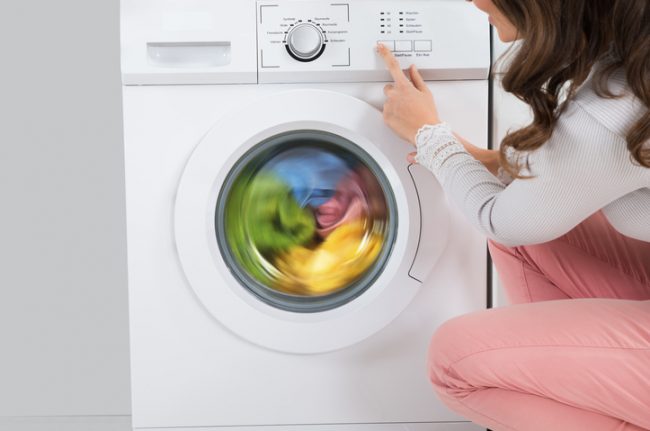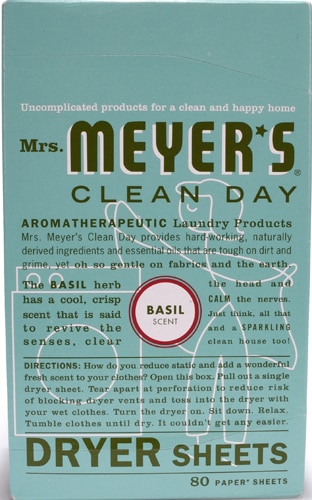We’ve all done it: Stood perplexed in front of an array of trash, compost and recycling bins and wondered if it even makes a difference. And yet to give up—to chuck everything blithely to the landfill—feels immoral. Even if the most pressing issues of our day are bigger than the perils of single use plastic, it never hurts to treat our natural resources as precious treasures. Both as a country and individually, our carbon footprint is bigger than it needs to be. But small steps to a greener lifestyle can quickly add up. Here are five swaps you can make that can have big impacts.

1. Swap your car
The biggest winner for combatting global warming is trading in your car for an electric one. According to the New York Times, “if every American household drove a vehicle getting 56 miles per gallon, it would reduce U.S. emissions by 10 percent.” If you want to do your part in one fell swoop, driving an electric car is the way to go.
2. Swap your straws
From going big to going small, everything we do matters. By now, most people are aware of the bennies of carrying around a refillable bottle. But what about the humble straw? They may seem like an insignificant piece of plastic, but check this: 500 million straws According to the lastplasticstraw.org, “500 million straws are used and discarded every day in the United States alone. That’s 175 Billion a year filtering into landfills (environment) and littering our waterways and oceans.”
If you love the feeling of sipping through a straw, invest in some stainless-steel straws that you can use over and over.
3. Swap your dryer sheets
Conventional dryer sheets are loaded with toxic chemicals, which Scientific American cites as “benzyl acetate (linked to pancreatic cancer), benzyl alcohol (an upper respiratory tract irritant), ethanol (linked to central nervous system disorders), limonene (a known carcinogen) and chloroform (a neurotoxin and carcinogen), among others.” When heated up in the dryer, the chemicals get released into the air and can become a respiratory health risk—both inside and outside the home. Besides contaminating the air, the sheets are not recyclable, and so end up as more fodder for landfill.
If you can’t do without dryer sheets, either get eco-friendly ones, such as Mrs. Meyers, or invest in some wool dryer balls. Dryer balls have no toxic chemicals, last for hundreds of loads, minimize static cling and wrinkles, soften clothes, and even cut down on drying time. If you’re all about a fresh clean scent, add a few drops of essential oils to the balls and then throw them in the dryer.
4. Swap your microbeads
Sometimes the smaller the plastic, the larger the problems it causes. Take microbeads, those small plastic pellets found in your toothpaste, facial scrubs and body wash. Turns out they infiltrate our waste water and aqua systems, damaging marine life and causing problems for the food chain and our food supply. In 2015, former President Obama signed a law that bans the beads and makes sure that all companies have completely phased them out of products by the end of this year.
Fretting about what you can use for baby soft skin? There are plenty of natural scrubs that use pumice, salt, sugar or walnut husks -- or use a DIY recipe to make your own -- to exfoliate.
5. Swap your protein
The Union of Concerned Scientists lists meat-eating as the second-biggest environmental hazard facing the Earth. If every household swapped out meat for a vegetarian alternative one meal a week, they would reduce emissions by roughly 2.2 percent (0.2 percent each). While it’s still far less than the 10 percent that the shift to electric cars brings, it’s a more practical option.
Reducing meat consumption by 7 percent—about a pound a month for some adults—is not only good for your health, it’s a boon for your budget. Beans are a tasty, filling and delicious swap for meat. And many vegans swear that jackfruit, a large South Asian fruit that’s trending these days, tastes the same as pulled pork.



